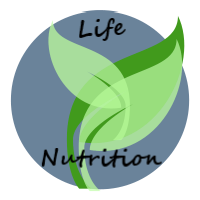Increases cortisol levels and provides non-glandular ingredients important for adrenal health, energy, wakefulness, and stress management* Key ingredientsGlycyrrhizic acid (from Licorice root extract): Glycyrrhetinic acid (metabolite of glycyrrhizic acid) binds 11β-hydroxysteroid dehydrogenase 2 (11β-HSD2) to inhibit the breakdown of cortisol (1, 2).* L-histidine: Precursor to histamine. In the central nervous system, histamine plays an important role in the release of pituitary hormones and wakefulness (3). L-methionine: Precursor to S-adenosylmethionine (SAMe) (4). SAMe is directly involved in methylation processes including catecholamine synthesis (5). L-tyrosine: Precursor to catecholamines including dopamine, norepinephrine, and epinephrine. Rhodiola Rosea root extract (5% rosavins): Adaptogen that has been shown to reduce stress-induced effects (6, 7).* In a randomized, double-blind, placebo-controlled study, Rhodiola Rosea was shown to significantly improve mental fatigue and general well-being under stress (7).* Green tea leaf extract (Camellia sinensis) (65% EGCG): Epigallocatechin gallate (EGCG) is a polyphenol in green tea that provides antioxidant protection by its ability to scavenge free radicals and metal ions (8).* EGCG has been shown to increase resistance to fatigue in animal models (9).* Vitamins B and C: Active forms of pantothenic acid, niacin, B6, folate, B12, and C are important for the synthesis of adrenal hormones and neurotransmitters (10-14).* References van Gelderen C, et al. Hum Exp Toxicol. 2000;19(8):434-9. Chapman K, et al. Physiol Rev. 2013;93(3):1139-206. Krystal A, et al. Sleep Med Rev. 2013;17(4):263-72. Duncan T, et al. Mol Nutr Food Res. 2013;57(4):628-36. Mischoulon D and Fava M. Am J Clin Nutr. 2002;76(5):1158S-61S. Chiang H, et al. J Food Drug Anal. 2015;23(3):359-69. Spasov A, et al. Phytomedicine. 2000;7(2):85-9. Legeay S, et al. Nutrients. 2015;7(7):5443-68. Teng Y and Wu D. Pharmacogn Mag. 2017;13(50):326-31. Ragaller V, et al. J Anim Physiol Anim Nutr (Berl). 2011;95(1):6-16. Vrecko K, et al. Biochim Biophys Acta. 1997;1361(1):59-65. May J, et al. Brain Res Bull. 2013;90:35-42. Antoniades C, et al. Circulation. 2006;114(11):1193-201. Mattson M and Shea T. Trends Neurosci. 2003;26(3):137-46.
NeuroScience AdreCor with Licorice Root 90 Capsules
NeuroScience
MSRP:
Was:
Now:
(Inc. Tax)
MSRP:
Was:
Now:
$38.00
(You save
)
(No reviews yet)
Write a Review
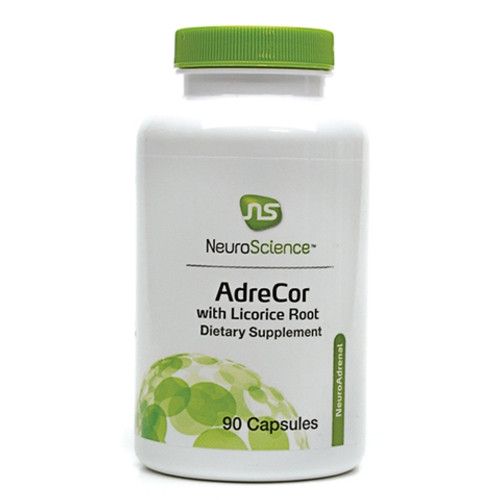
Write a Review

NeuroScience
NeuroScience AdreCor with Licorice Root 90 Capsules
- SKU:
- NS0003
- UPC:
- Condition:
- New
- Availability:
- In Stock
- Disclaimer:
- These statements have not been evaluated by the Food and Drug Administration. This product is not intended to diagnose, treat, cure, or prevent any disease.
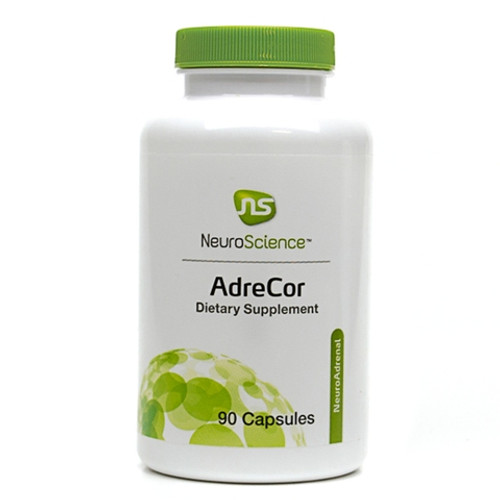
Add to Cart
The item has been added
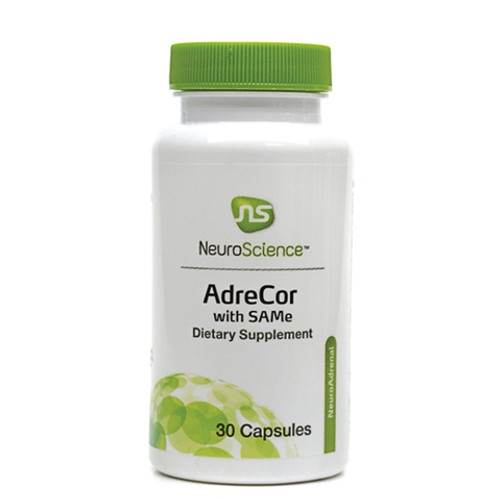
Add to Cart
The item has been added
NeuroScience
NeuroScience AdreCor with SAMe 30 Capsules
MSRP:
Was:
Now:
(Inc. Tax)
MSRP:
Was:
Now:
$66.00

Add to Cart
The item has been added
Nature's Way
Nature's Way Licorice Root 100 Capsules
MSRP:
Was:
Now:
(Inc. Tax)
MSRP:
Was:
Now:
$12.99

Add to Cart
The item has been added

Add to Cart
The item has been added
Vital Nutrients
Vital Nutrients Licorice Extract 400mg 90 Capsules
MSRP:
Was:
Now:
(Inc. Tax)
MSRP:
Was:
Now:
$24.80
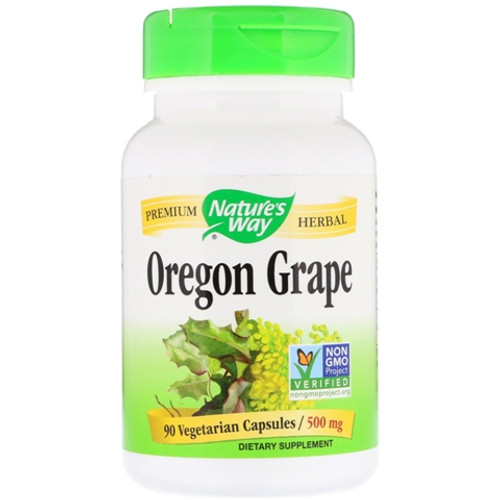
Add to Cart
The item has been added
Nature's Way
Nature's Way Oregon Grape Root 90 Capsules
MSRP:
Was:
Now:
(Inc. Tax)
MSRP:
Was:
Now:
$12.99

Add to Cart
The item has been added

Add to Cart
The item has been added
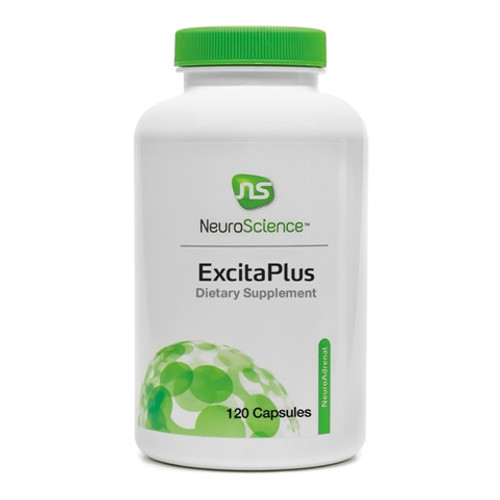
Add to Cart
The item has been added
!
